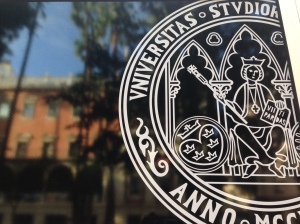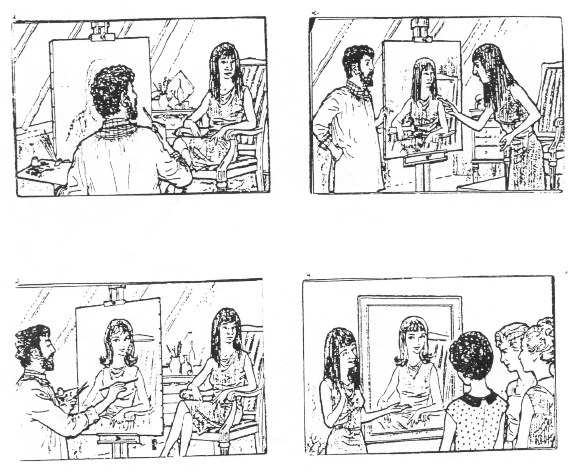
REGLAMENTO DE LOS ESTUDIOS PROPIOS DE LA UNIVERSIDAD DE MURCIA
(Aprobado por el Consejo de Gobierno, en sesión ordinaria de 2 de marzo de 2012)
Texto completo
Artículo 74. Becas y Ayudas
1. De cada Estudio Propio deberá detraerse un 10% de los ingresos por precios públicos de matrícula para destinarlos en exclusividad a la concesión de becas.
Los criterios generales para la concesión de becas tendrán en cuenta la política y normativa general que la Universidad de Murcia adopta a tal efecto.
2. Las Reuniones Orientadas a la Formación, no estarán sujetas a la obligación de concesión de becas.
3. Las solicitudes de becas serán centralizadas por el Servicio de Formación Permanente, que las remitirá a los correspondientes directores junto con la
documentación pertinente.
4. Como regla general, la solicitud de beca se realizará en el periodo de matrícula, a los becados se les hará una devolución parcial del precio público, hasta un máximo del 70% del mismo. Excepcionalmente, se podrán proponer otras modalidades de devolución y/o exención que requerirán la aprobación del Consejo de Gobierno y Consejo Social.
5. En el caso de que exista una gestión privada de derechos y matrículas vinculadas a un Estudio Propio, según lo referido en el artículo 65.2 de este Reglamento, la
entidad colaboradora abonará el 10% de los ingresos por precio público de matrícula a la Universidad de Murcia para que el Servicio de Formación Permanente pueda gestionar las solicitudes de beca de idéntica forma a la del resto de Estudios Propios. En cualquier caso, deberá establecerse en el convenio específico el procedimiento que se llevará a cabo en beneficio de los alumnos, la entidad externa y la Universidad de Murcia.
6. La Comisión Académica de Estudio Propio podrá establecer y aplicar criterios específicos, siendo el objetivo principal la ayuda social, atendiendo a aspectos económicos y/o a los méritos académicos coherentes con los criterios generales.
7. La resolución de las becas de cada Estudio Propio corresponde a la Comisión Académica de éste, que deberá levantar acta, aun cuando no haya solicitantes, en
la que se relacionen los beneficiarios de la concesión de becas y el importe de las mismas. Dicho acta se remitirá al Servicio de Formación Permanente para adosarlo al expediente del Estudio Propio.
8. En la resolución de las becas de los Estudios Propios de posgrado estará presente un representante del Servicio de Formación Permanente.
9. Tanto los criterios como la resolución y el plazo de reclamación serán públicos conforme a lo establecido en el artículo 58, de la Ley 30/1992, de 26 de noviembre, de Régimen Jurídico de las Administraciones Públicas y del Procedimiento Administrativo Común.
10. Los remanentes anuales del capítulo presupuestario de becas de todas las actividades se destinarán a una bolsa común de ayudas y becas de Estudios
Propios que será gestionada por el Servicio de Formación Permanente, siguiendo la política que apruebe a tal afecto el Consejo de Gobierno.
11. Con la cantidad económica de la bolsa común de ayudas y becas de Estudios Propios, el Vicerrector con competencia en materia de Estudios Propios
realizará dos convocatorias al año de ayudas y becas independientes de las convocatorias de solicitud de becas de cada uno de los Estudios Propios detallada en los apartados anteriores.
12. La resolución de esta convocatoria corresponde a la Comisión de Evaluación y Coordinación de Estudios Propios y los importes concedidos a cada becado se destinarán a ayudas a la movilidad, al estudio o al pago parcial de los precios públicos de matrícula correspondientes. En este último caso, se compensará al Estudio Propio afectado con el importe parcial del precio público de matrícula no cobrado.




